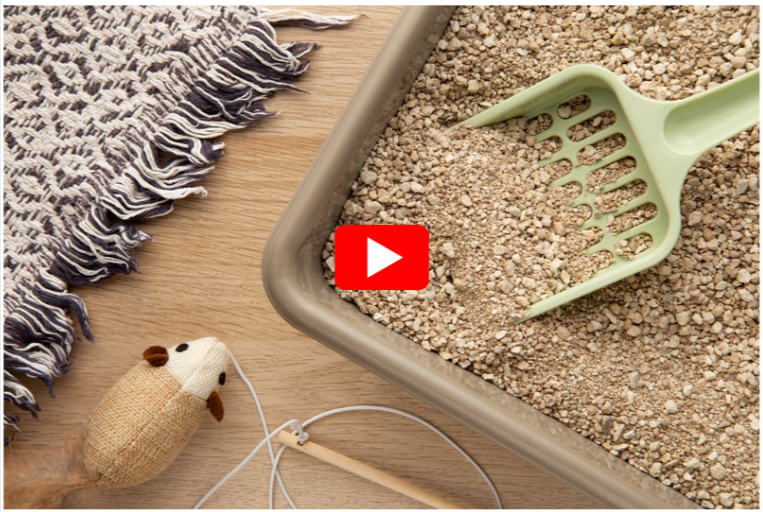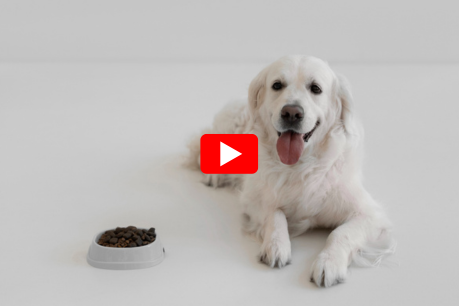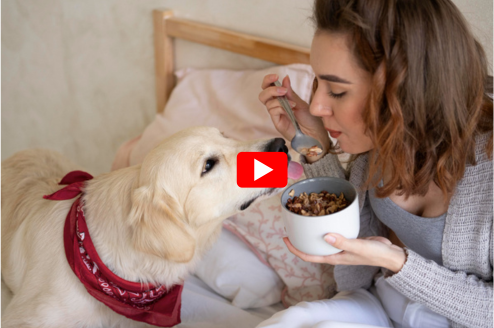Can Dogs Have Grapes: Safe, Healthy Treat Alternatives Explained
As a devoted dog owner, you want to provide your furry friend with tasty treats that also support their health. You might be curious — can dogs eat grapes? While grapes are a popular and nutritious snack for humans, they can be very dangerous for dogs.
Dogs should never eat grapes or raisins, as they are toxic and can cause severe kidney failure. Always choose safe, healthy treats instead.
But don’t worry! This guide will explain why grapes are harmful, what symptoms to watch for if your dog accidentally eats grapes, and most importantly, which healthy treats you can safely share with your canine companion.
Why Are Grapes Harmful to Dogs?
Though grapes and their dried form, raisins, are beloved by many people, they are toxic to dogs.
The exact substance that causes this toxicity is not clearly identified by researchers, but the effects are well-documented. Even a small amount can lead to serious health issues.
What Happens When Dogs Eat Grapes?
Dogs who ingest grapes or raisins may develop acute kidney failure, which can be life-threatening.
This toxicity is unpredictable some dogs show severe reactions after eating just one grape, while others might not show symptoms immediately. Because of this uncertainty, no amount of grape is considered safe for dogs.
How Grapes Affect the Kidneys
The kidneys are vital organs responsible for filtering toxins from the blood and maintaining fluid balance.
Toxic compounds in grapes can cause the kidneys to fail suddenly, leading to a dangerous buildup of waste products in the body. This condition requires immediate veterinary attention.
Symptoms of Grape Toxicity in Dogs
If your dog eats grapes or raisins, symptoms often appear within 6 to 12 hours but can sometimes take longer. Early recognition is crucial to prevent permanent damage.
Common Signs to Watch For
-
Vomiting: Often the first symptom, usually within a few hours
-
Lethargy and weakness
-
Loss of appetite
-
Abdominal pain or discomfort
-
Dehydration: Dry mouth, sunken eyes, and excessive panting
-
Increased thirst or urination initially, then decreased or no urination
-
Shaking or tremors
-
Bad breath with a chemical or ammonia-like odor
If you notice any of these signs after your dog has been near grapes or raisins, contact your veterinarian immediately.
What To Do If Your Dog Eats Grapes
If you suspect your dog has consumed grapes or raisins, quick action is essential:
-
Contact your veterinarian or an emergency animal hospital immediately.
-
Do not wait for symptoms to appear. Early intervention increases chances of full recovery.
-
Your vet may induce vomiting if ingestion was recent to prevent absorption of toxins.
-
Activated charcoal treatment may be used to limit toxin absorption.
-
Intravenous fluids will be administered to flush the kidneys and support organ function.
-
Your dog may need hospitalization and monitoring for several days.
Prompt veterinary care can save your dog’s life.
Why Some Dogs Are More Sensitive
The degree of toxicity varies between dogs. Some dogs develop kidney failure after eating a single grape, while others seem unaffected. This variability might be due to differences in metabolism, genetics, or overall health.
Because this unpredictability exists, the safest choice is to completely avoid giving grapes or raisins to dogs.
Safe and Healthy Treat Alternatives for Dogs
The good news? There are plenty of safe, nutritious, and tasty treats you can share with your dog that will keep them happy and healthy without risk.
Here are some of the best fruit and vegetable treats for dogs:
1. Apples
Apples are packed with vitamins A and C and fiber. Be sure to remove the seeds and core, as apple seeds contain trace amounts of cyanide which can be harmful in large quantities.
2. Blueberries
These tiny berries are rich in antioxidants and vitamins. They make perfect bite-sized treats and can even be frozen for a cool snack.
3. Carrots
Crunchy, low in calories, and full of beta-carotene, carrots support dental health and make great training treats.
4. Watermelon
Watermelon is hydrating and contains vitamins A, B6, and C. Remove seeds and rind before offering it to your dog.
5. Pumpkin
Rich in fiber and great for digestion, plain cooked pumpkin (not the spiced pie filling) can help maintain regularity and soothe upset stomachs.
6. Green Beans
Fresh or steamed green beans are low in calories and high in fiber, great for dogs on a diet.
7. Bananas
Full of potassium and vitamins, bananas should be given in moderation due to their sugar content.
8. Sweet Potatoes
Cooked and plain, sweet potatoes provide fiber and essential vitamins and are delicious to most dogs.
How to Safely Introduce New Treats
Introducing any new treat requires care to avoid upsetting your dog’s digestive system:
-
Start with small amounts to monitor tolerance.
-
Watch for signs of allergies or digestive upset such as vomiting, diarrhea, or itching.
-
Always wash fruits and vegetables thoroughly before offering.
-
Remove seeds, pits, and rinds that can cause choking or toxicity.
Consult your vet if you’re unsure about a specific food.
Other Treating Tips to Keep Your Dog Healthy
-
Avoid human snacks with additives and artificial sweeteners.
-
Limit high-calorie treats to prevent weight gain.
-
Use treats as rewards, not as main meals.
-
Choose natural, whole foods whenever possible.
Healthy treats not only nourish your dog but also reinforce positive behavior and strengthen your bond.
Can Dogs Eat Other Common Human Foods?
While grapes are unsafe, many human foods are perfectly fine for dogs:
-
Peanut butter (unsalted and without xylitol)
-
Plain cooked chicken or turkey
-
Rice and pasta
-
Cheese in moderation
-
Plain yogurt
Always avoid chocolate, caffeine, onions, garlic, alcohol, and anything with artificial sweeteners like xylitol.
The Importance of Awareness and Prevention
Many cases of grape poisoning happen accidentally when dogs scavenge food off counters or find grapes dropped on the floor. Awareness and prevention are key:
-
Store grapes and raisins securely out of your dog’s reach.
-
Educate family and guests about the risks of feeding grapes to dogs.
-
Check baked goods for raisins before sharing crumbs or treats.
-
Keep emergency numbers handy for your vet and pet poison control centers.
Being proactive is the best way to keep your dog safe.
Conclusion
While it might be tempting to share your favorite snacks, grapes and raisins simply don’t belong in your dog’s diet.
The health risks far outweigh any treat value. Instead, focus on safe, healthy alternatives that will nourish your dog and bring joy without worry.
With the right knowledge and care, treat time can be a fun, safe, and healthy experience that strengthens the bond between you and your best friend.
References Link
https://www.akc.org/expert-advice/nutrition/human-foods-dogs-can-and-cant-eat/
https://www.aspca.org/pet-care/animal-poison-control/people-foods-avoid-feeding-your-pets
https://www.petpoisonhelpline.com/poison/grapes/
https://veterinarypartner.vin.com/default.aspx?pid=19239&id=4951553
.



